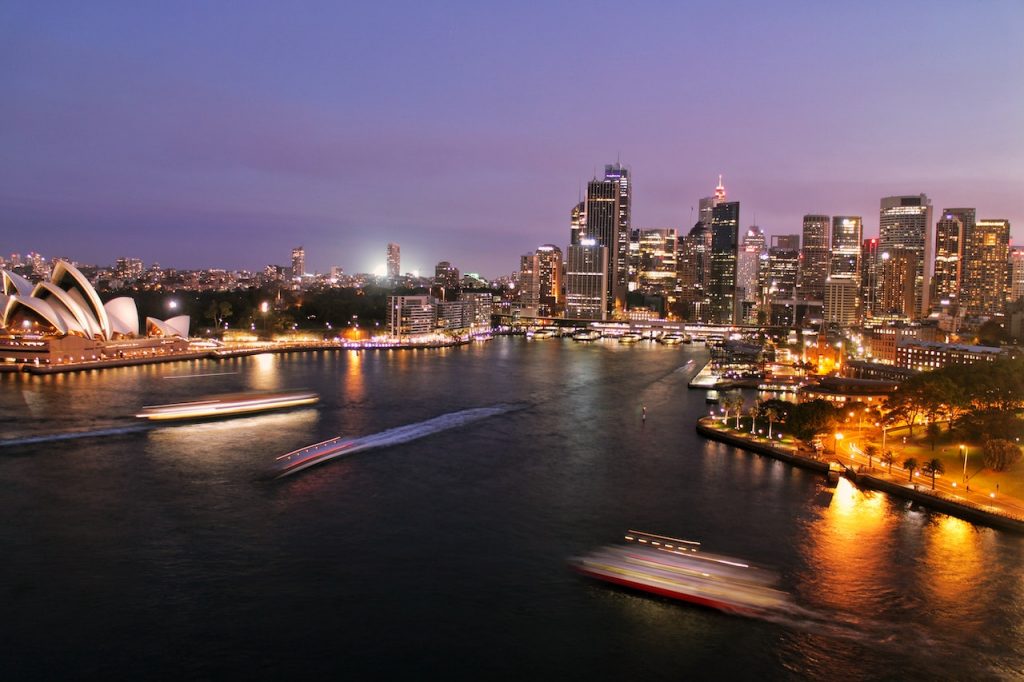
LIVING IN AUSTRALIA
One of the best things about living in Australia is the friendly and welcoming people. Australians are very calm and relaxed with a love for the outdoors, and they are always ready to welcome newcomers with open arms.
In Australia, you will always find someone willing to lend a hand to you to make yourself comfortable whenever you need some help. Whether you are looking for a new job, a new hobby, or just need some assistance you will always be aided.
Living in Australia is full of adventure. From surfing and swimming to the world’s best beaches to exploring the wild, you will never have a dull moment in Australia. And the thriving economy and job opportunities act as the cherry on the cake. So, if you are thinking of moving to Australia, hurry on, you are not going to regret this decision.
WHY CHOOSE AUSTRALIA
All Australians are entitled to freedom of speech, association, assembly, religion, and movement. Australia is an independent Western democracy with a population of more than 20 million. It is one of the world’s most urbanized countries. Home to some of the best and largest cities in the world, Australia is bliss for those who love travel and education. Australia relies heavily on foreign talent to run its economy. And for the same reason, the Australian government is incredibly supportive and generous toward migrant talents. They have recently made several changes in their policies making them more favorable to migrants and making living in Australia more worthwhile than ever. You can get all the details here about Moving to Australia.
Freedom of speech
Living in Australia comes with a lot of freedom. Australians are free, within the bounds of the law, to say or write what we think privately or publicly, about the government, or any topic. They do not censor the media and may criticize the government without fear of arrest. Free speech comes from facts, not rumors, and the intention must be constructive, not to harm. There are laws to protect a person’s good name and integrity against false information. There are laws against saying or writing things to incite hatred against others because of their culture, ethnicity, or background. Freedom of speech is not an excuse to harm others.
Freedom of association
Australians are free to join any organization or group if it is legal. They can choose to belong to a trade union or a political party. Having and debating points of view allows for a healthy and strong democracy.
Freedom of assembly
While living in Australia, you will never find it hard connecting to local people. Australians are free to meet with other people in public or private places. They can meet in small or large groups for legal social or political purposes. Being able to protest and demonstrate is an accepted form of free expression. Protestors must not be violent or break laws such as assaulting others or trespassing on private or public property. People can peacefully change governments through elections and not by violence.
Freedom of religion
Australia does not have an official or state religion. The law does not enforce any religious doctrine, however, religious practices must conform to the law. Australians are free to follow any religion they choose. They are also free not to have a religion.
Freedom of movement
Australians can move freely to and from all states and territories. People of Australia can leave and return to Australia at any time. Some migrants may have conditions placed on their visas until they become Australian citizens.
Interesting Facts:
- Australia was originally called ‘New South Wales’.
- The most popular sports in Australia are Australian Rules Football, Rugby league, Cricket, and Soccer.
- Australia’s 85.7 million sheep (mostly merinos) produce most of the world’s wool.
- With 25.4 million head of cattle, Australia is also the world’s largest exporter of beef.
- Australians invented note-pads (1902), the surf lifesaving reel (1906), aspirin (1915), the pacemaker (1926), penicillin (1940) the Hills Hoist clothesline (1946), the plastic disposable syringe (1949), the wine cask (1965), the bionic ear (1978), dual-flush toilet flush (1980) anti-counterfeiting technology for banknotes (1992) and long-wearing contact lenses (1999).

